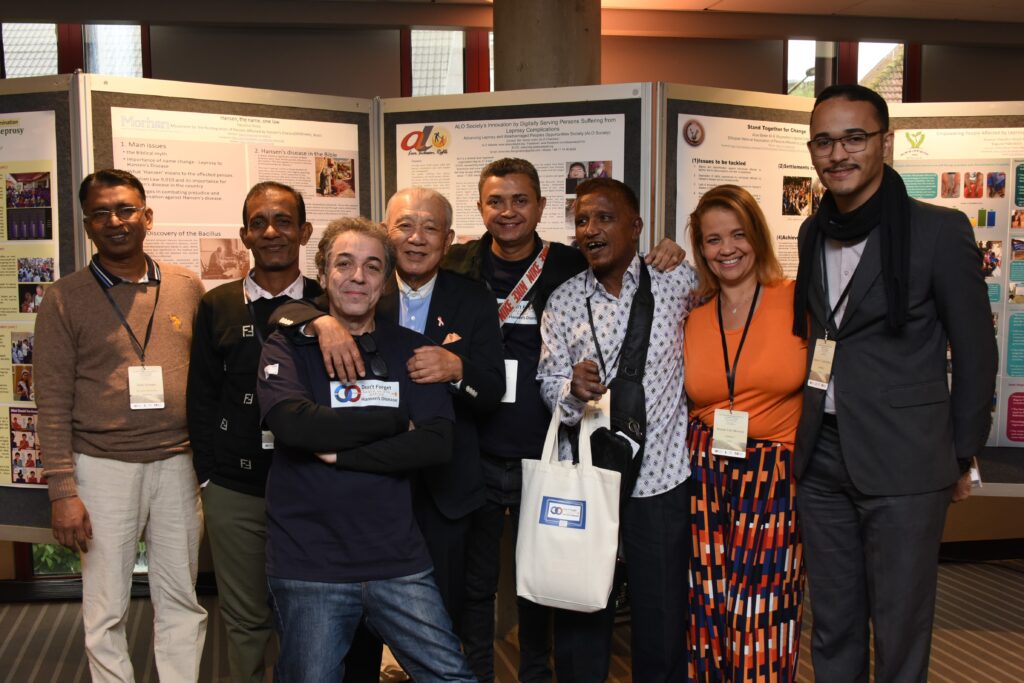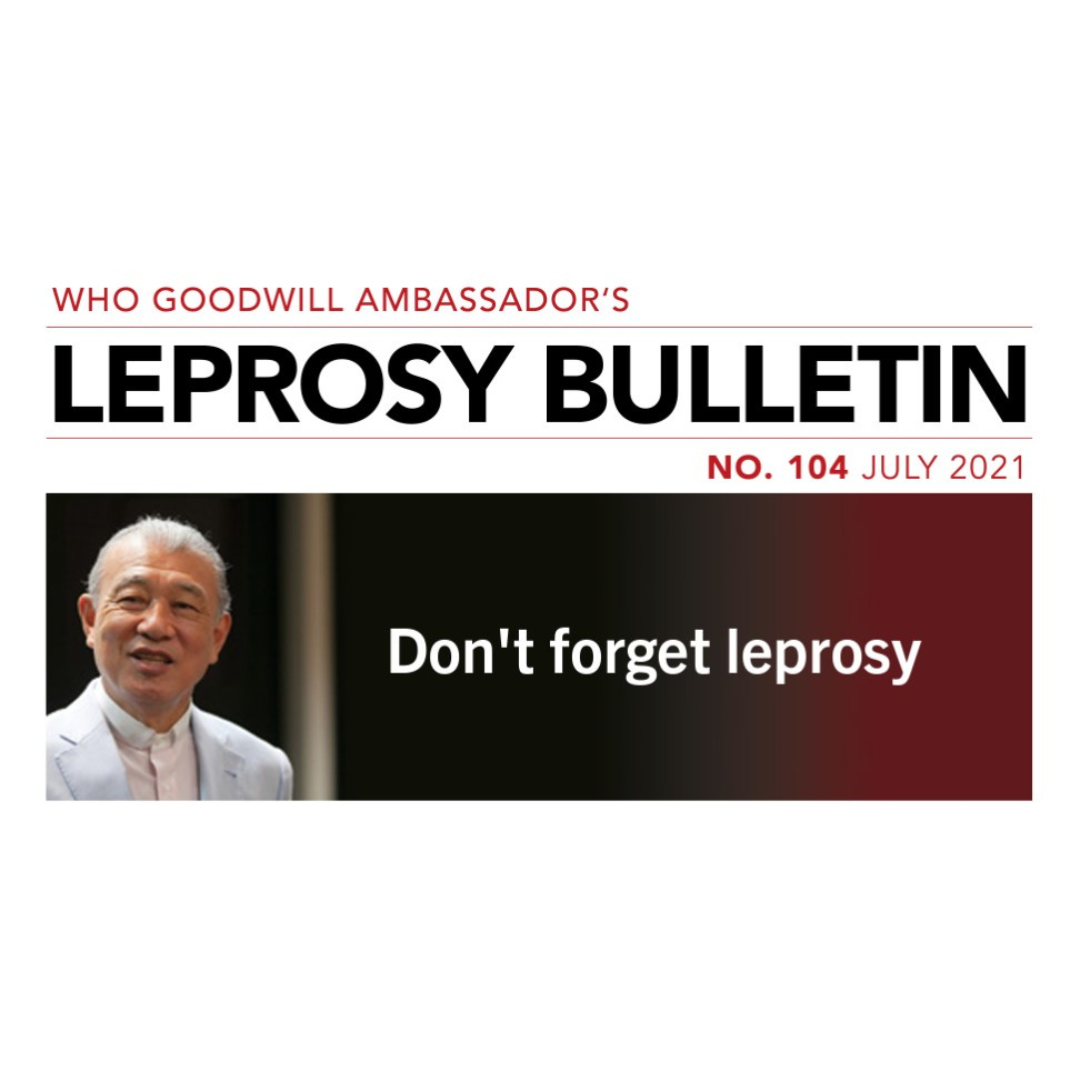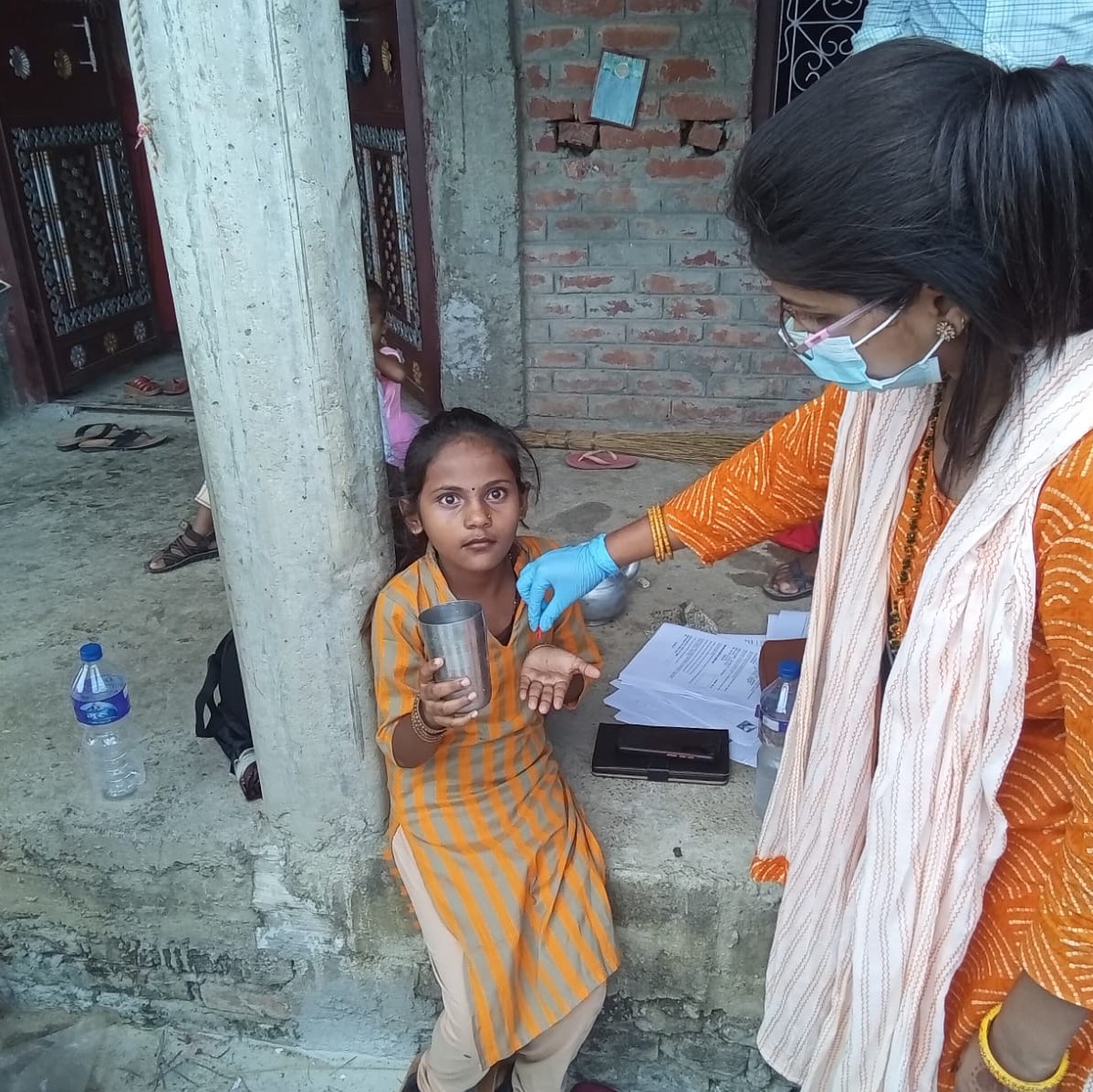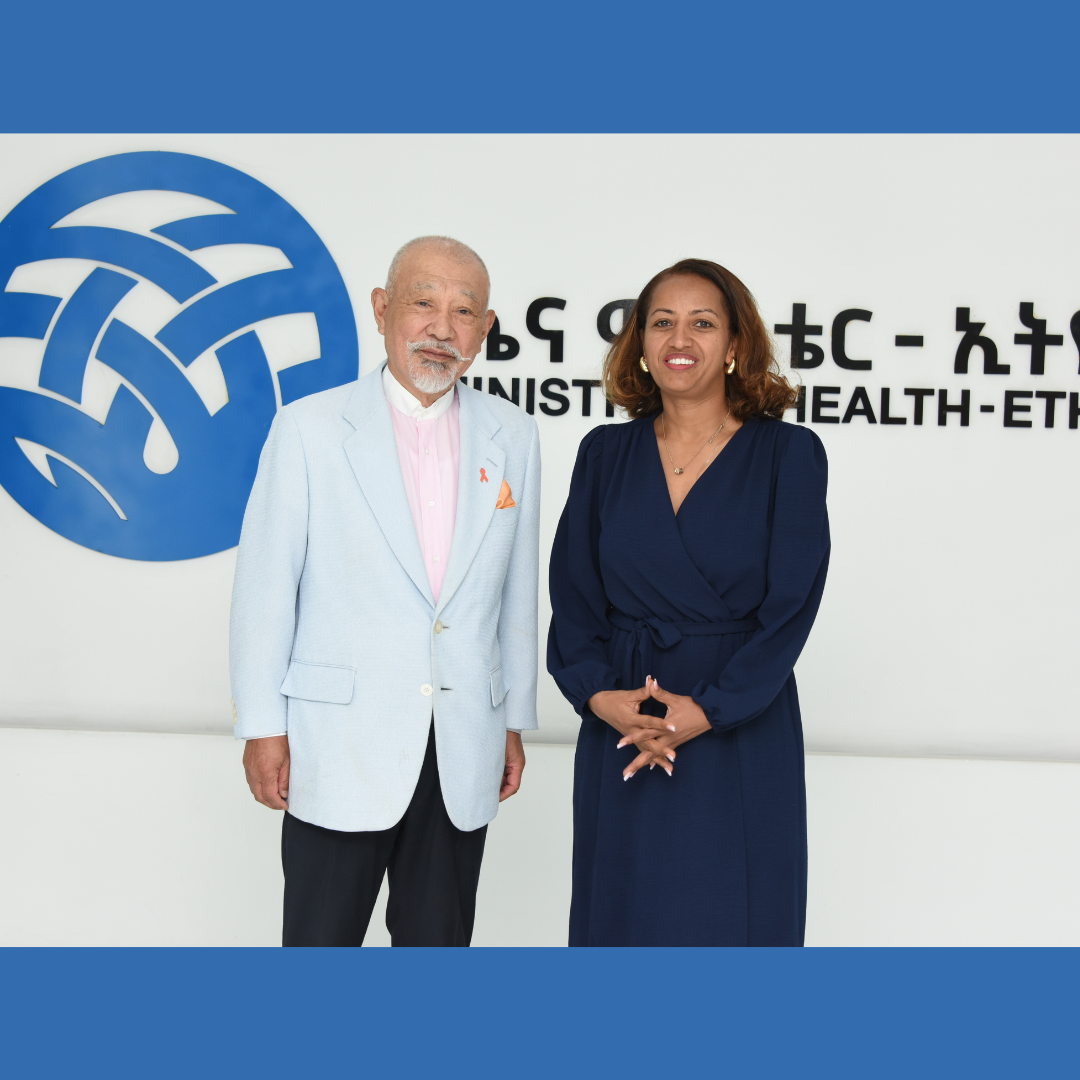
This year marks the 150th anniversary of the discovery of the leprosy bacillus by Dr. Gerhard Armauer Hansen in Bergen, Norway. To prompt reflection on the past and build momentum for a zero leprosy future, the Sasakawa Leprosy (Hansen’s Disease) Initiative and the University of Bergen co-hosted an international conference on June 21–22. The conference was attended by 200 people from 27 countries and opened with video messages from Dr. Tedros Adhanom Ghebreyesus, Director-General of the World Health Organization, and Mr. Volker Türk, United Nations High Commissioner for Human Rights.
In my remarks, I emphasized that progress in the area of human rights has lagged far behind medical progress. In 2010, the United Nations General Assembly unanimously adopted a resolution as well as principles and guidelines on the elimination of discrimination against persons affected by leprosy and their family members. In other words, the international community officially recognizes that leprosy is a human rights issue.
However, persons affected by leprosy and their family members still face severe discrimination in fundamental areas of social life, including education, employment, and marriage. Many of them are burdened with self-stigma, wondering whether they have human rights. Despite the importance of receiving early diagnosis, some try to keep their disease hidden out of fear of the discrimination that they and their family members might face.
For me, hope comes from seeing persons affected by leprosy take the lead. At the conference, representatives from organizations of persons affected by leprosy shared the remarkable results that they are achieving in their countries. I will continue to make every effort to realize a truly inclusive society where all persons affected by leprosy and their family members feel like they belong.

Yohei Sasakawa
WHO Goodwill Ambassador for Leprosy Elimination









